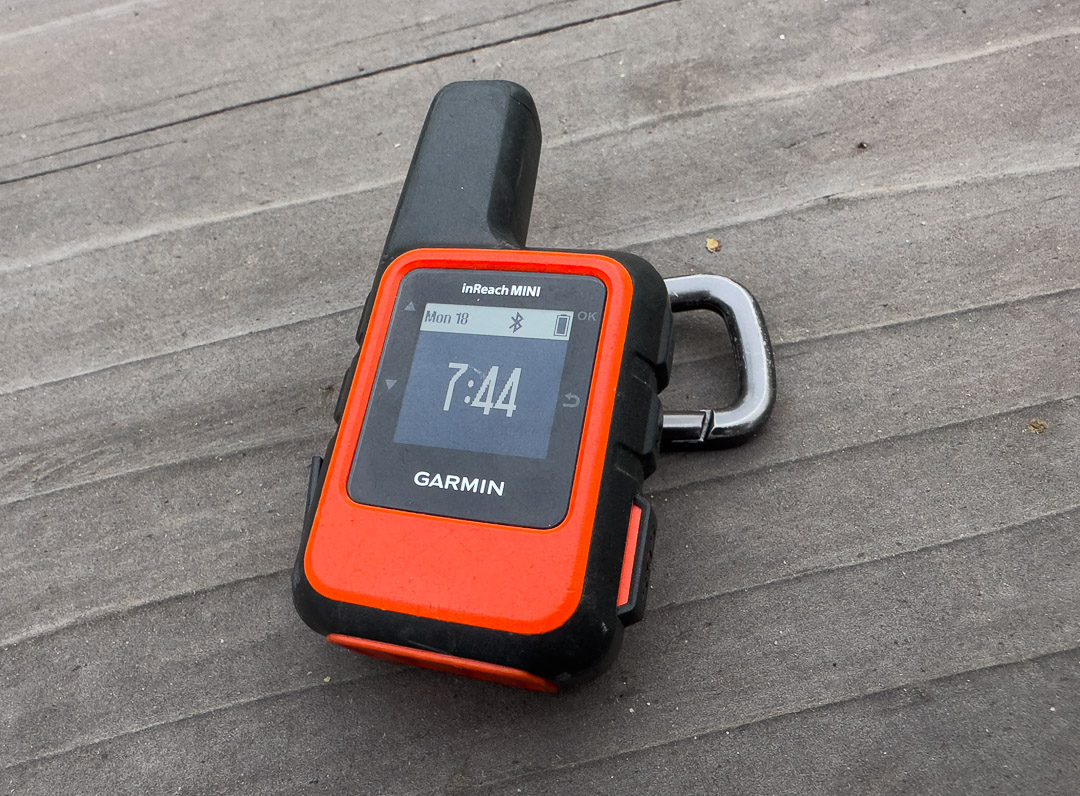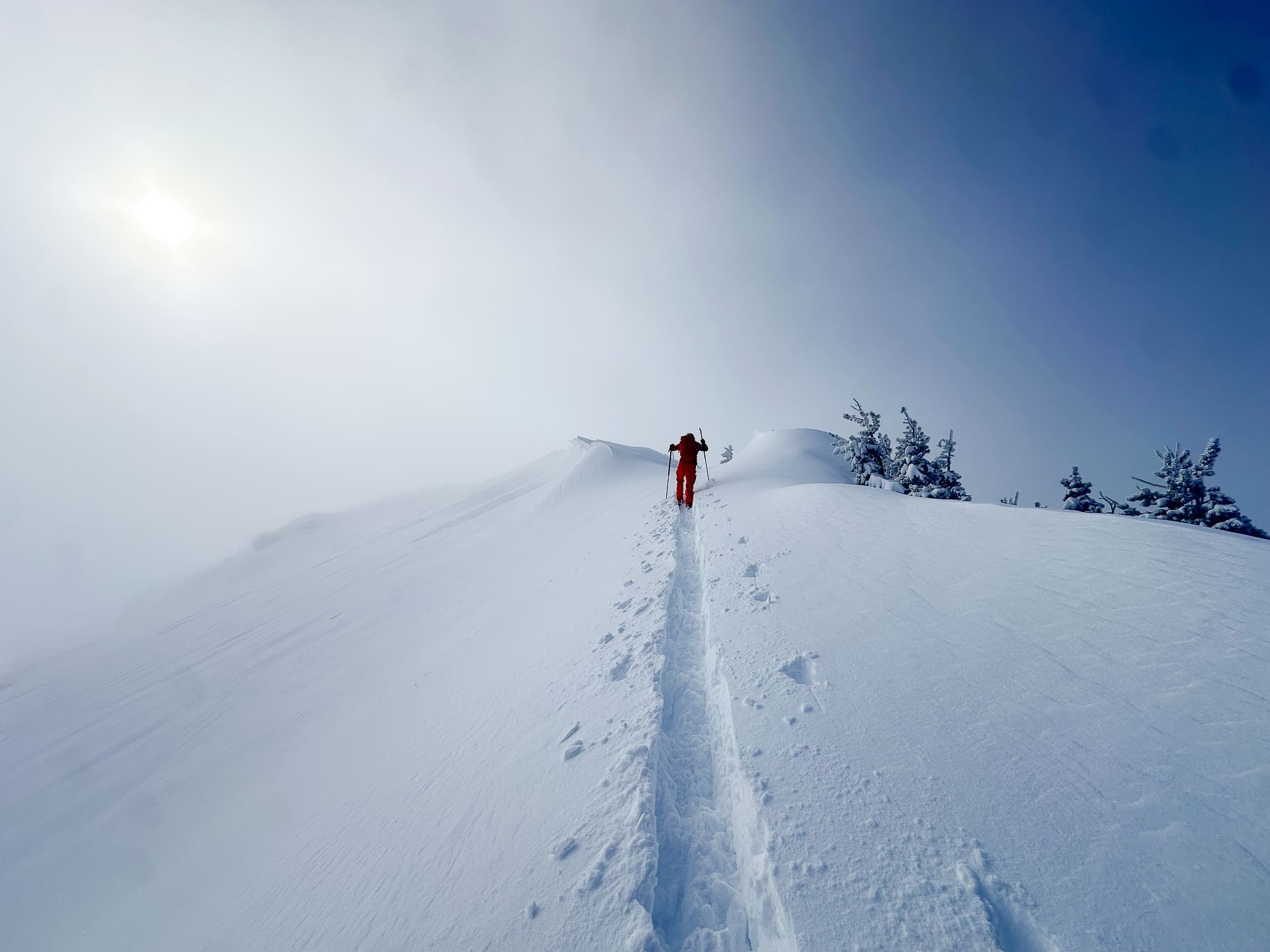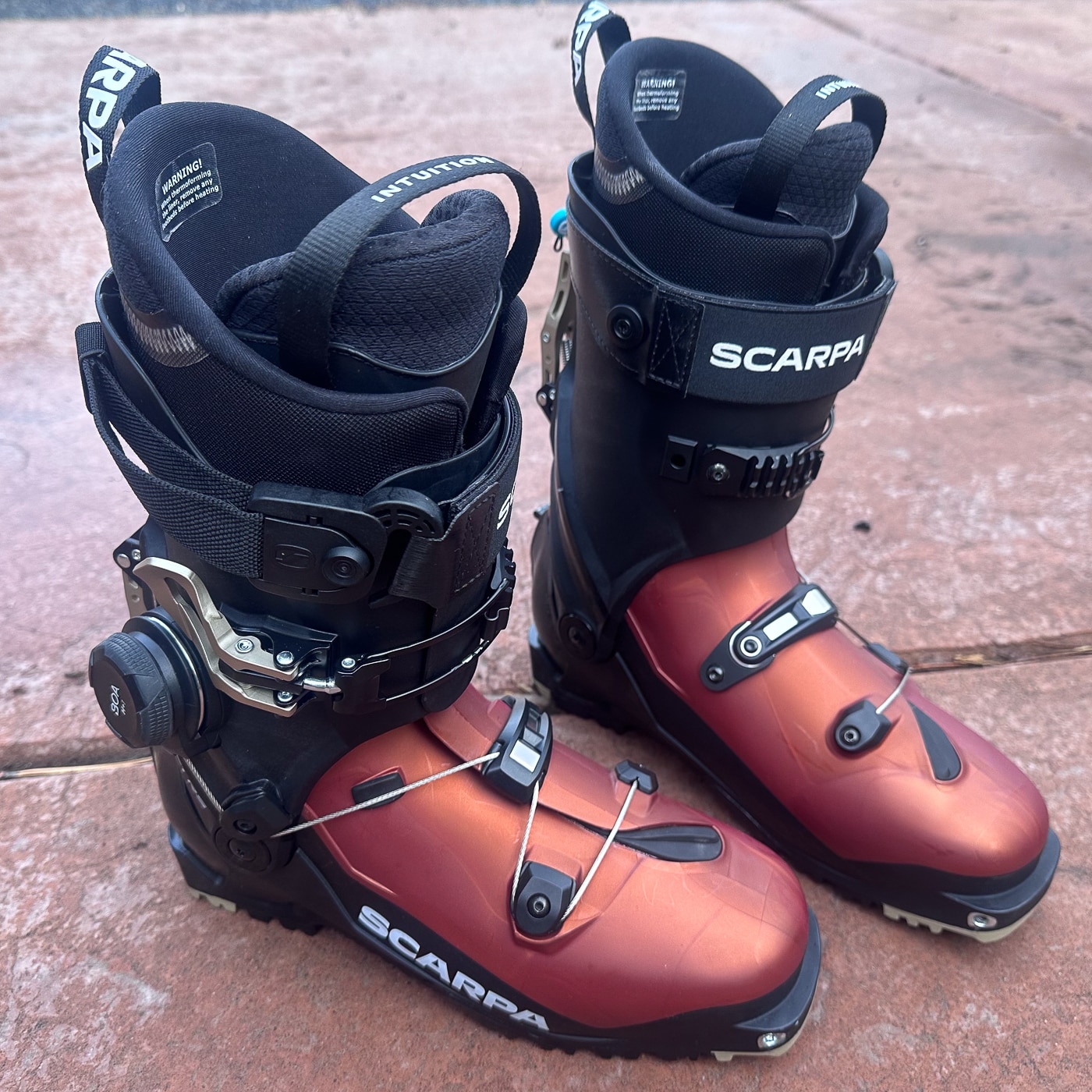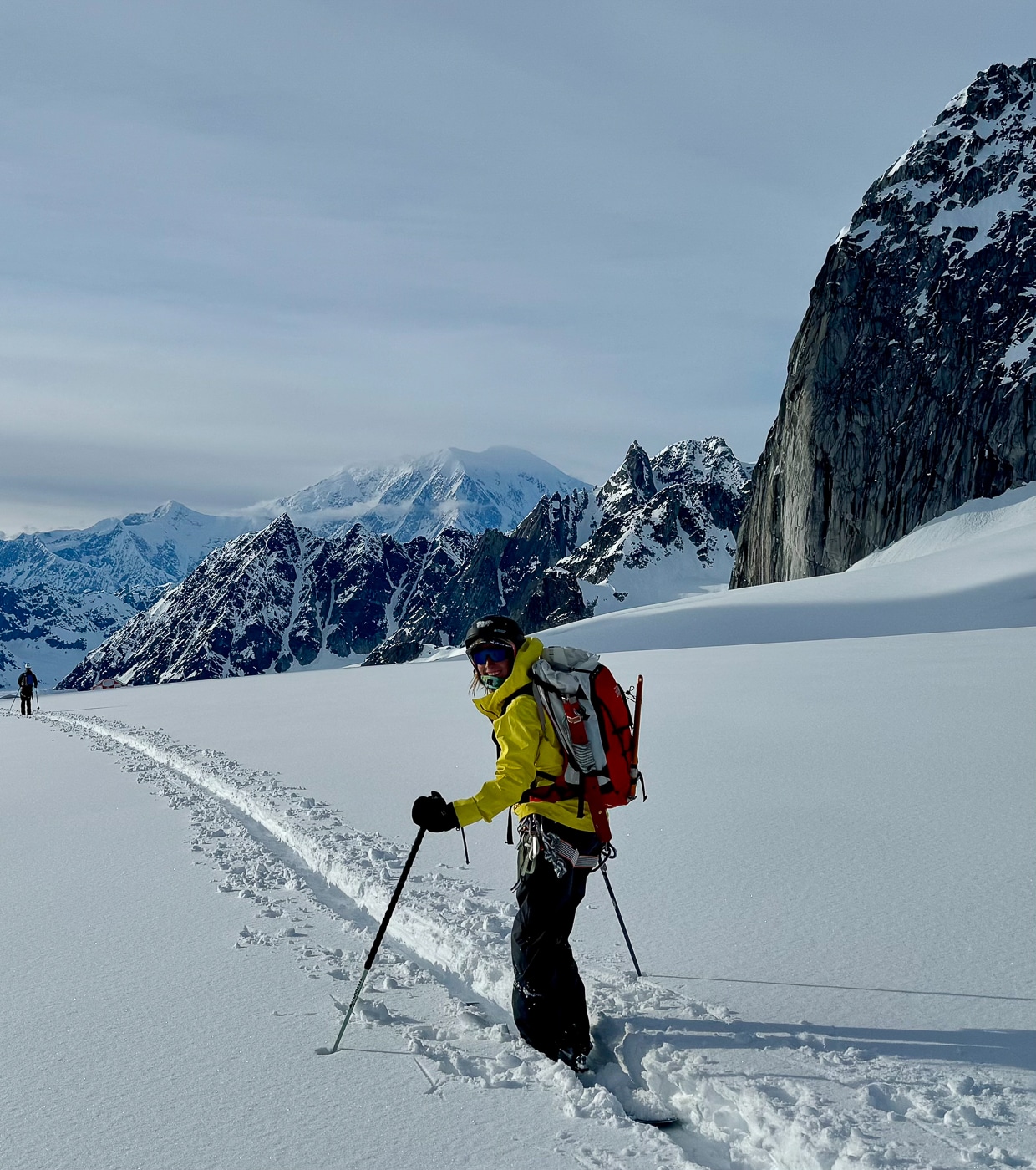In the backcountry, there’s a fairly common practice to bring a single GPS communication device per group. A recent episode of the Coldfear podcast has us rethinking that calculus.
With hours of physical therapy time accrued since early April, I’ve scoured Apple Podcasts for stories and interviews that resonant. (I’ve needed something to make the gym time pass by.) According to Google, about 843 miles from Bend by road sits the worldwide HQ for Coldfear. If you are particularly into ice climbing, check out what Coldfear offers.
Aaron Mulkey is the force behind Coldfear, and he has a podcast. The eponymous podcast, Coldfear, ran a recent episode that hooked me for the entire 1:14:38 duration. The episode of note is #14, Falling 40mph off the Grand Traverse. Backcountry skiers, this is not the Grand Traverse race from Crested Butte to Aspen, but the classic high peaks technical climbing traverse in the Tetons. It’s a big outing.
The episode follows two Salt Lake climbers on their journey and details an accident early in their adventure. Several things played a hand in the subsequent rescue: luck, cool heads, and the supremely pro climbing rescue team in Teton National Park.
One climber (we’ll call him climber #1) slips on an icy section of rock and plummets roughly 550 feet. The falling climber comes to a rest. Climber #1 has the lone rope and crampons, which, in hindsight, would have made accessing the fallen climber easier.
However, technology’s role in the rescue is the key to our retelling here on The High Route. The climber higher up on the slope (the one who had not fallen, climber #2) has cell phone service. He calls the Jenny Lake Ranger Station and eventually contacts the appropriate people. Undoubtedly, communicating directly with the rangers/emergency services via a cell phone is critical. A helicopter made a first pass on the scene in roughly 40 minutes.
In the event there was no cell service, climber #2 possessed a Garmin Inreach—a GPS communicator allowing two-way text communication. It is safe to assume that absent cell service, climber #2 would have triggered the InReach’s SOS button to initiate the rescue.
Mulkey raises an excellent point late in the episode that relates to redundancy. In this case, redundancy doesn’t involve an analysis of climbing anchors or the calculus of carrying multiple first-aid kits, crampons, two ropes, etc.





